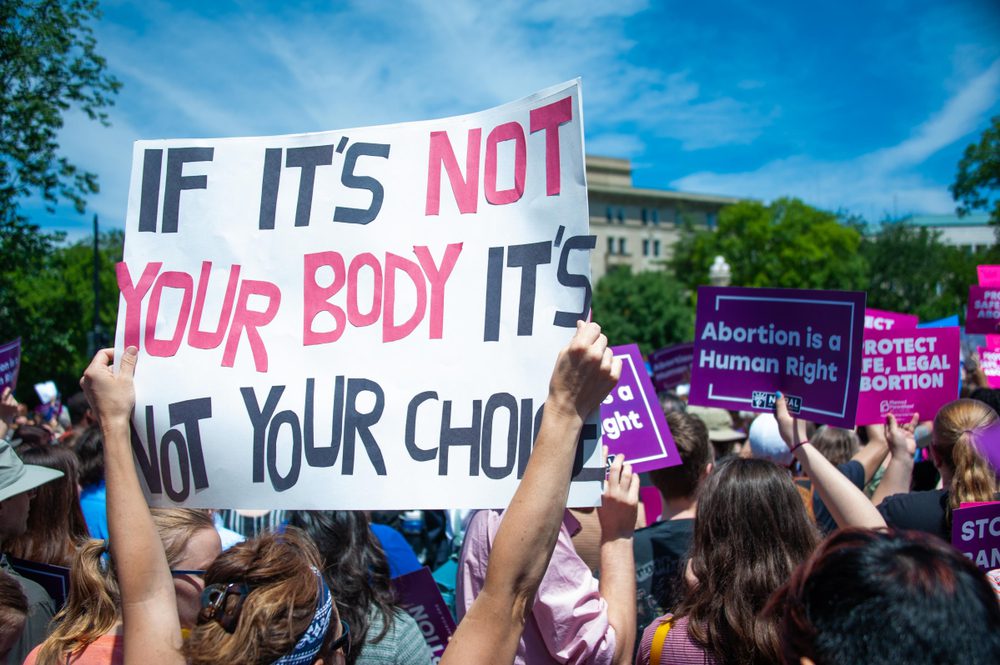In a significant turn of events for abortion rights in the United States, voters in Missouri have made history by paving the way to overturn one of the nation’s most stringent abortion bans. This victory is part of a broader trend where abortion rights advocates have seen success in several states, although challenges remain in others. The recent ballot measures reflect a shifting landscape in the wake of the U.S. Supreme Court’s decision to overturn Roe v. Wade in 2022, which allowed states to impose their own restrictions on abortion.
Key victories for abortion rights
In addition to Missouri, voters in Arizona, Colorado, Maryland, and New York have also approved amendments that bolster abortion rights. These victories come as a response to the restrictive measures that have been enacted in many Republican-controlled states since the Supreme Court’s ruling. In Missouri, the amendment allows lawmakers to impose restrictions on abortions after a fetus reaches viability, typically considered to be around 21 weeks, while still permitting abortions in cases of medical emergencies.
Rachel Sweet, the campaign manager for Missourians for Constitutional Freedom, expressed the significance of this win, stating, “Today, Missourians made history and sent a clear message: decisions around pregnancy, including abortion, birth control, and miscarriage care are personal and private and should be left up to patients and their families, not politicians.” This sentiment resonates with many voters, as approximately half of Missouri’s electorate believes abortion should be legal in most cases.
Challenges in other states
Despite these victories, not all states have seen favorable outcomes for abortion rights. In Florida, voters rejected a measure aimed at protecting abortion rights, marking the first defeat for abortion advocates since the Roe v. Wade decision was overturned. The measure fell short of the required 60-percent approval needed for constitutional amendments in the state, despite a majority of voters supporting it. This outcome is a political win for Gov. Ron DeSantis, who has actively campaigned against the measure.
Similarly, in South Dakota, voters decisively rejected a proposal that would have allowed some regulations related to women’s health after 12 weeks of pregnancy. The failure of this measure underscores the ongoing challenges faced by abortion rights advocates in states with entrenched anti-abortion sentiments.
State-by-State breakdown of recent ballot measures
- Missouri: Voters approved an amendment to potentially overturn the current ban on abortion, which only allows exceptions in medical emergencies.
- Florida: A proposed amendment to protect abortion rights was defeated, maintaining the state’s restrictive six-week ban.
- South Dakota: Voters rejected a measure that would have allowed some health-related regulations after 12 weeks.
- Arizona: An amendment was passed to replace the existing law that bans abortion after 15 weeks, ensuring access until viability.
- Colorado: The state’s measure not only enshrines abortion access but also reverses a previous amendment that restricted funding for abortion services.
- Maryland: An amendment was approved that solidifies existing abortion rights without immediate changes to access.
- New York: A law banning discrimination based on pregnancy outcomes was passed, further supporting reproductive rights.
The broader implications of these results
The outcomes of these ballot measures highlight the growing importance of abortion rights as a key issue for voters. According to a recent AP VoteCast survey, about one-fourth of voters indicated that abortion policy was the most critical factor influencing their votes. This trend suggests that as states grapple with the implications of restrictive abortion laws, the electorate is increasingly vocal about their desire for reproductive rights.
Despite the recent victories for abortion rights advocates, the landscape remains complex. Currently, 13 states enforce bans on abortion at all stages of pregnancy, with some exceptions. The ongoing struggle for reproductive rights continues to be a pressing issue, particularly for lower-income and minority women who face greater barriers to access.















